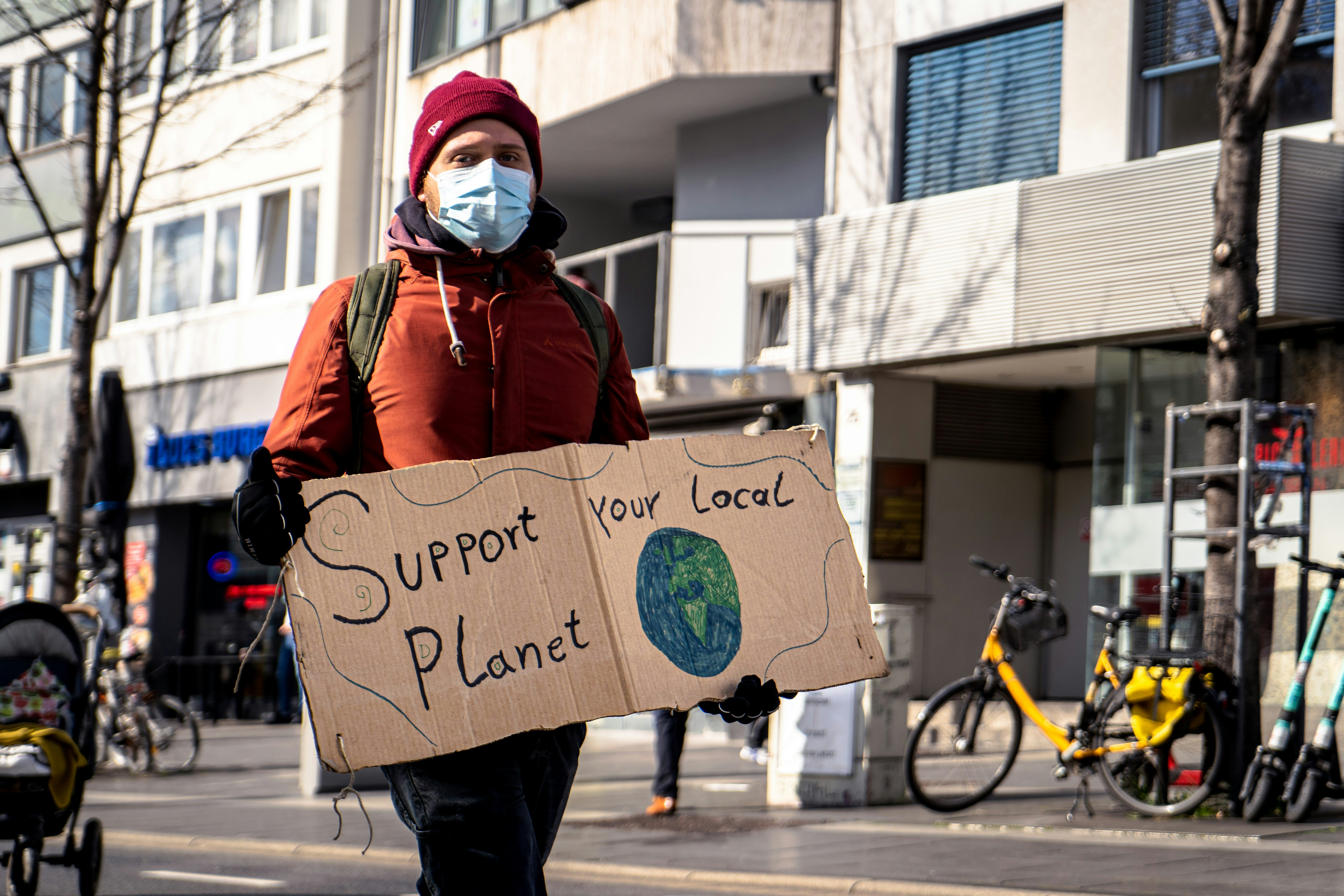Scrutinizing the Repercussions of the Citizens United Decision
In a world where politics and law intersect, the Supreme Court decision in the case of Citizens United v. Federal Election Commission remains a crucial turning point. This article delves into the background, current implications, and societal effects of this landmark ruling.

Drawing the Historical Outline
The now infamous Citizens United v. Federal Election Commission case was decided over a decade ago, in 2010. The case revolved around Citizens United, a nonprofit corporation, that wanted to air and advertise a film critical of Hillary Clinton, a candidate for Democratic Party’s nomination for President. The problem was that this violated a federal statute prohibiting corporations and unions from using their general treasury funds for “electioneering communications.” The Supreme Court, in a 5–4 decision, ruled that these restrictions infringed upon First Amendment rights, thus drastically changing the landscape of political campaign financing in the United States.
The Case and the Controversy
At the heart of the Citizens United decision is the assertion that corporations, like individuals, have First Amendment rights. This concept is not without controversy. Critics argue that it enables corporations to exert disproportionate influence on political outcomes by flooding campaigns with financial contributions. Supporters, on the other hand, view this as a necessary protection of free speech, irrespective of the entity exercising it.
Analyzing Current Legal Developments
The Citizens United ruling has led to the creation of super PACs (Political Action Committees), entities that can raise and spend unlimited amounts of money to advocate for or against political candidates. In the 2020 election cycle, these super PACs reportedly spent over $2 billion. Legal challenges and calls for legislation to counteract the effects of this ruling have been numerous, but the Supreme Court has yet to revisit the issue.
Implications and Impact on Society
The societal implications of the Citizens United decision are profound. The increase in corporate spending in US elections has augmented the voice of corporations in politics, potentially drowning out the voices of individual voters. This raises fundamental questions about the nature of democracy and representation in our society.
The Road Ahead
The debate over the Citizens United decision continues to rage, with some advocating for a constitutional amendment to overturn the ruling. Others suggest legislative solutions, such as stricter campaign finance laws or greater transparency in political spending. While the path forward remains uncertain, it is clear that the implications of this decision will continue to shape the contours of American democracy for years to come.
In conclusion, the Citizens United ruling represents a significant junction where constitutional law intersects with electoral politics. By conferring First Amendment rights to corporations, it has irrevocably changed the landscape of political campaign financing in the United States. Its impact continues to be debated, underscoring the essential role of law in shaping our democratic processes and societal norms.




